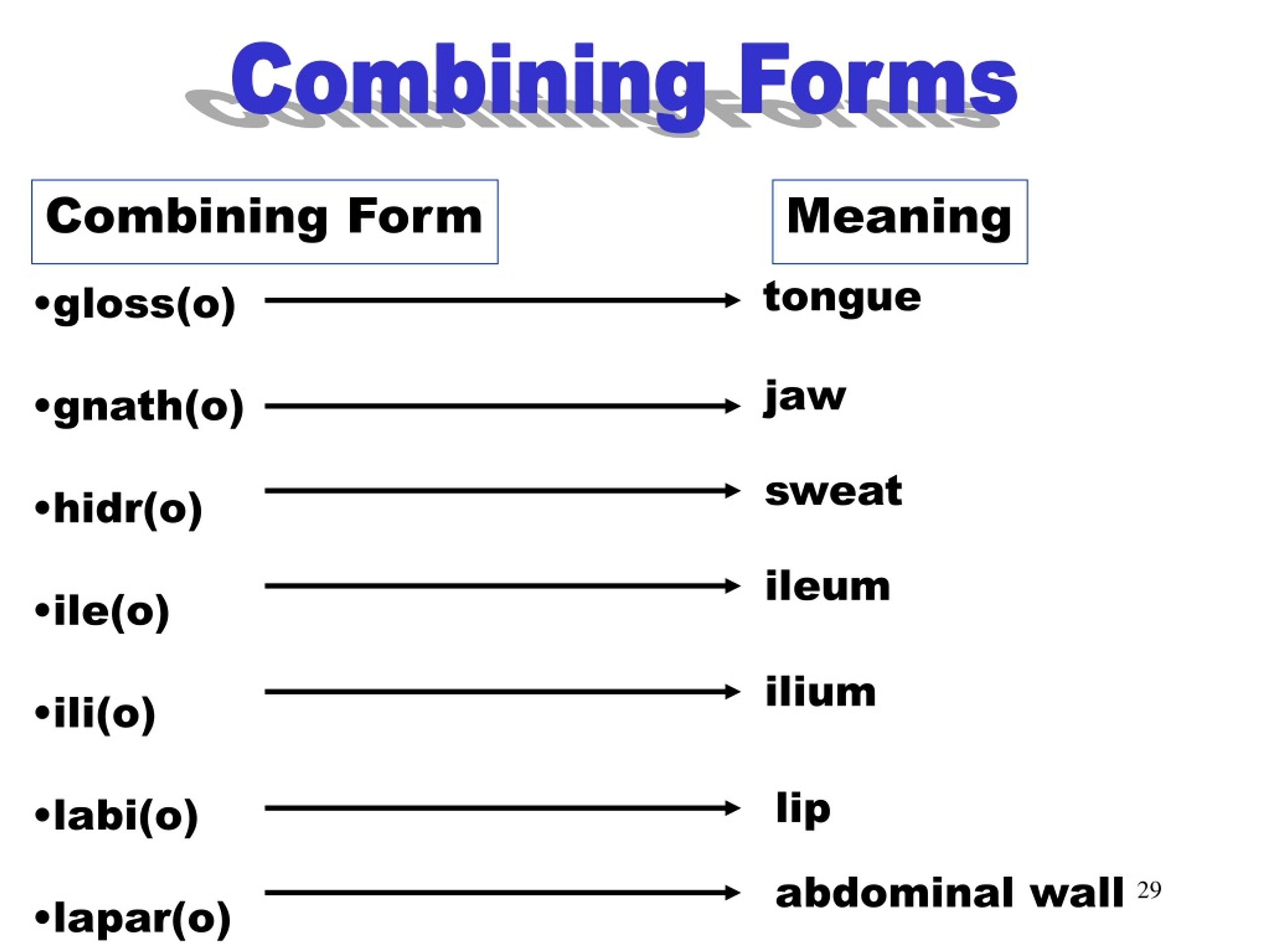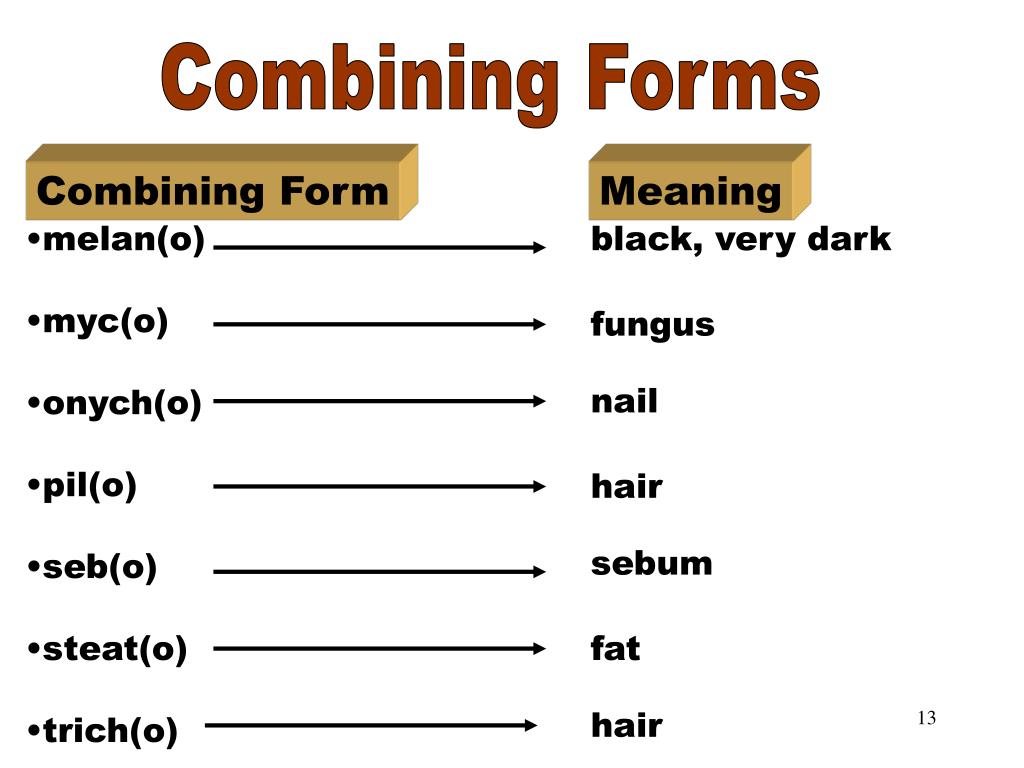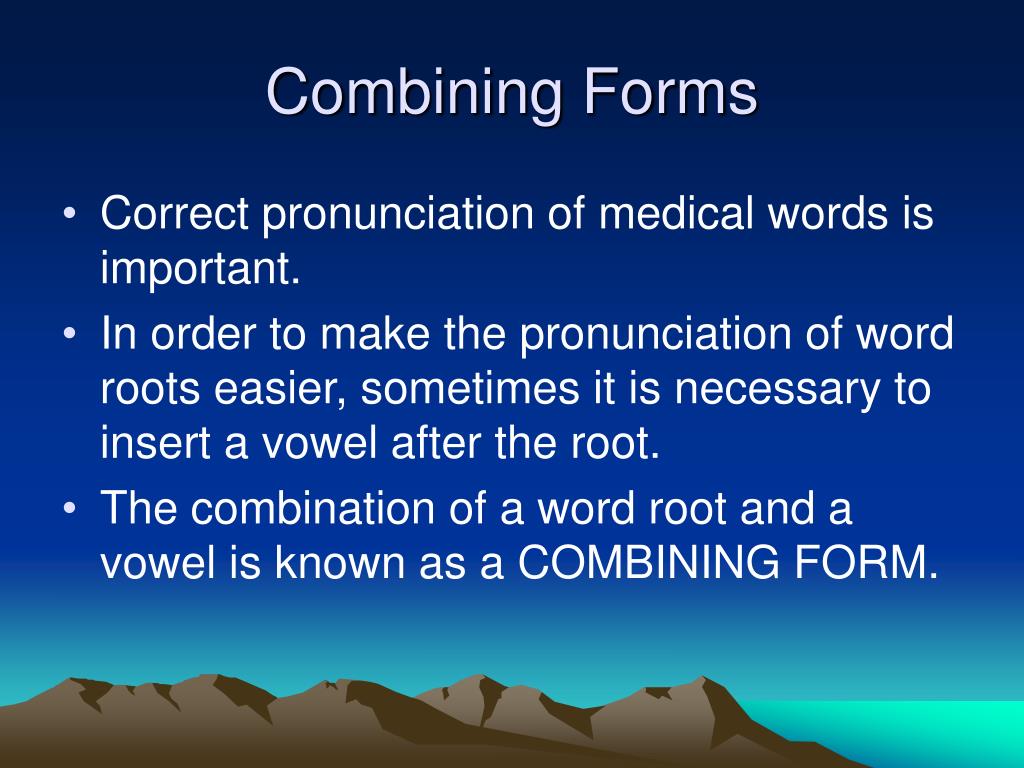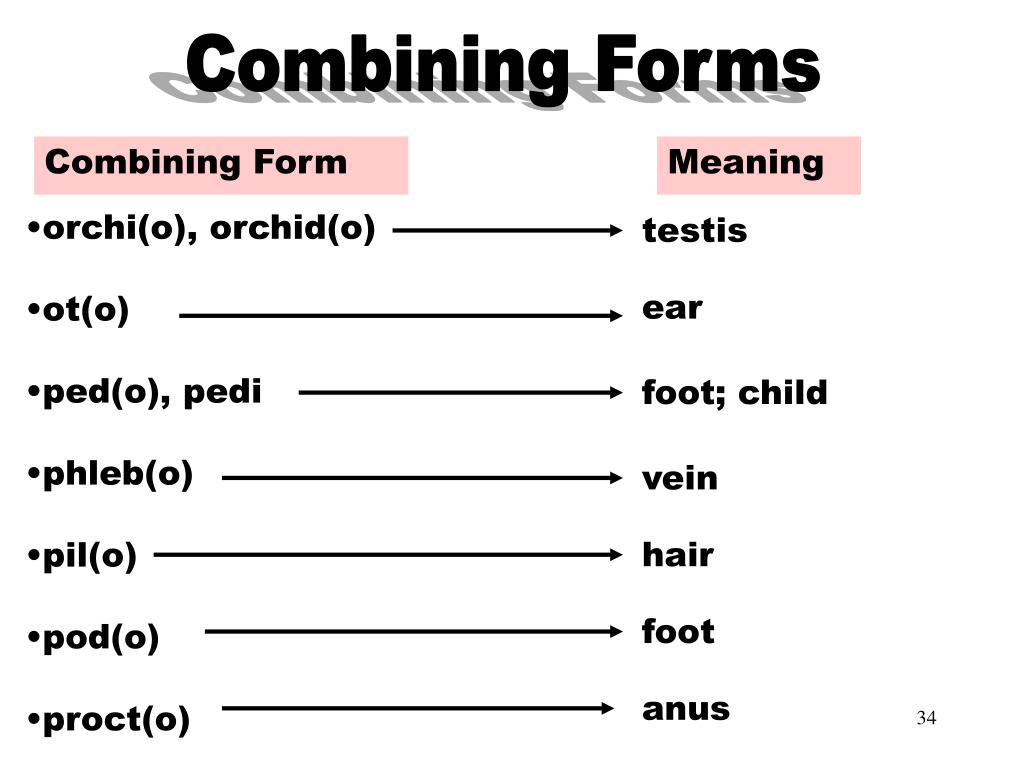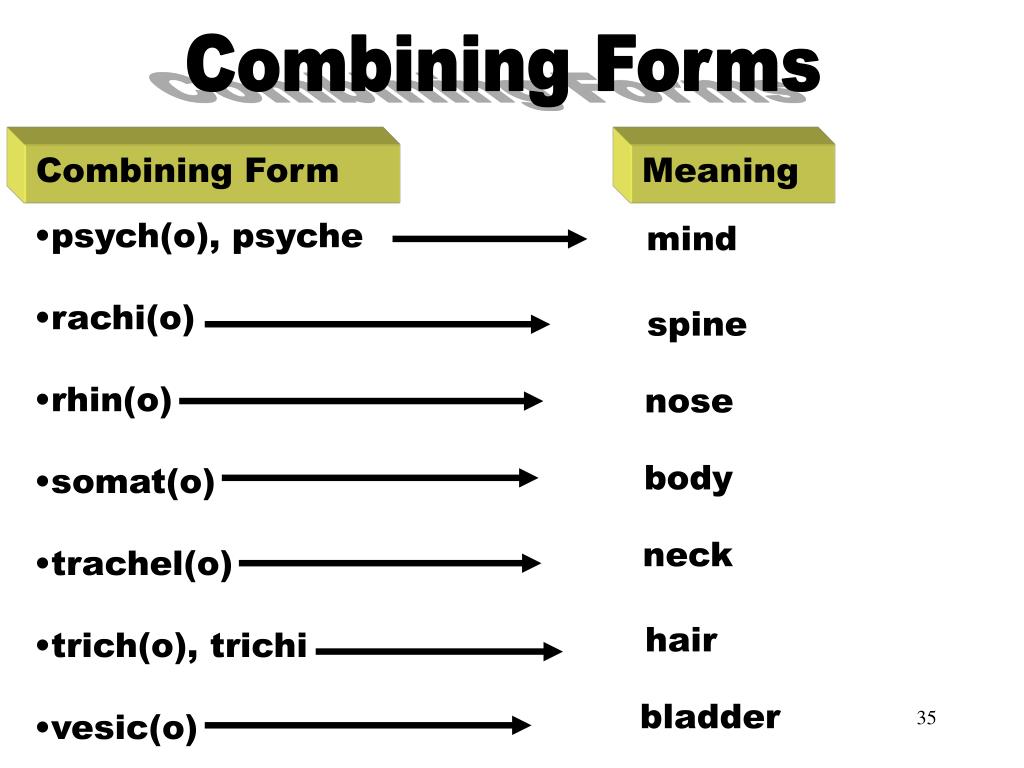A Combining Form For Tongue Is
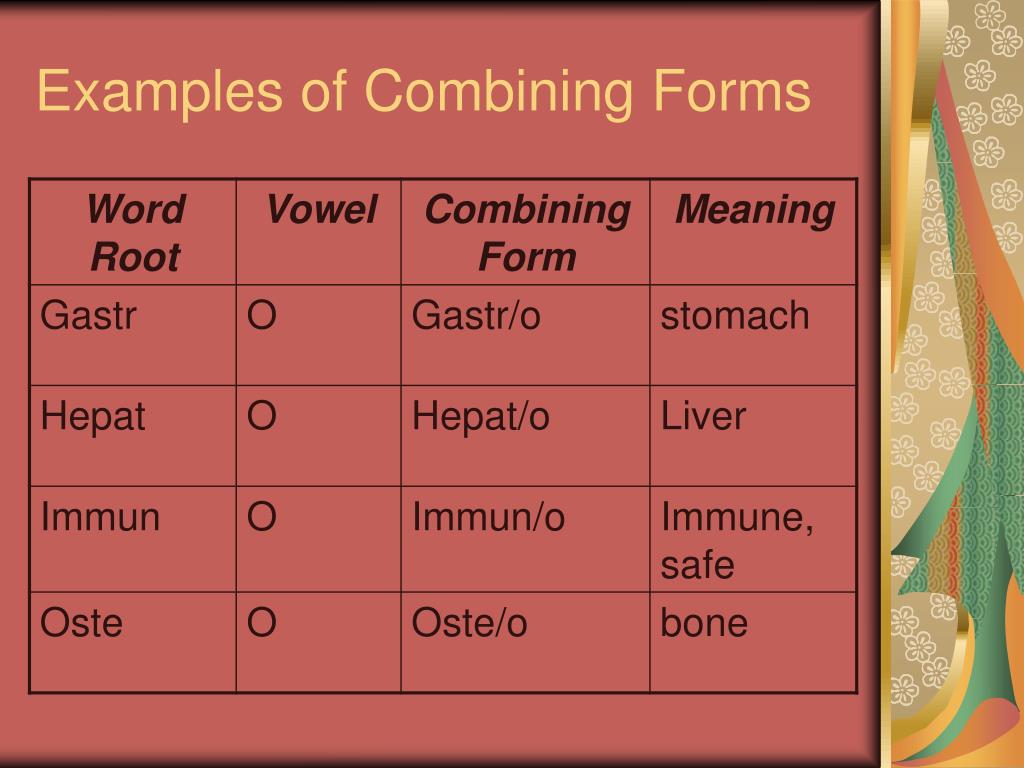
Imagine the aroma of freshly baked bread filling the air, the first taste of a perfectly ripe strawberry bursting on your palate, the comforting warmth of chicken noodle soup on a cold day. All these sensory delights are experienced, interpreted, and savored thanks to one remarkable organ: the tongue. But beyond its everyday functionality, the tongue holds a fascinating place in the world of language and medicine.
The combining form for tongue, often used in medical and scientific contexts, is glosso- or lingu-. This article delves into the world of these combining forms, exploring their origins, usage, and significance in understanding the language we use to describe this vital organ.
Unveiling the Roots: Glosso- and Lingu-
The journey to understand these combining forms begins with their etymology. Glosso- finds its roots in the Greek word glossa, meaning "tongue" or "language."
Similarly, Lingu- originates from the Latin word lingua, which also translates to "tongue" or "language." The prevalence of both Greek and Latin roots in medical terminology is a testament to the historical influence of these languages on the development of scientific vocabulary.
A Tale of Two Combining Forms: When to Use Which?
While both glosso- and lingu- refer to the tongue, their usage is often determined by convention and the specific word being constructed. There isn't a strict rule, but observing common practices can guide proper application.
Glosso- is often favored in terms related to the physical structure or diseases of the tongue. Consider "glossitis," inflammation of the tongue, or "glossectomy," the surgical removal of the tongue.
On the other hand, lingu- might appear in terms that relate more broadly to language or linguistic functions. For example, "linguistics" is the scientific study of language. "Sublingual" refers to under the tongue, often used to describe medication administration, like a sublingual tablet.
Glosso- in Action: Exploring Medical Terminology
The medical field offers a rich landscape for observing glosso- in action. Examining a few key terms reveals its importance in precise communication.
Glossitis: As mentioned earlier, this term describes inflammation of the tongue, causing swelling, redness, and pain. This is often a symptom of an underlying condition like infection, allergic reaction, or nutritional deficiency.
Glossectomy: This is a surgical procedure involving the removal of all or part of the tongue. It's primarily performed in cases of tongue cancer, offering a potentially life-saving intervention.
Glossopharyngeal Nerve: This cranial nerve (the ninth cranial nerve, or CN IX) plays a crucial role in taste, swallowing, and salivation. It innervates the posterior third of the tongue.
Glossoplegia: This refers to paralysis of the tongue, affecting speech and swallowing. It can stem from nerve damage due to stroke, trauma, or other neurological conditions.
Lingu- Beyond the Physical: Language and More
While Lingu- is also used in medical contexts, it extends its reach into the realms of language and broader scientific applications. This illustrates the multifaceted nature of language itself.
Linguistics: This is the scientific study of language, encompassing its structure, history, and evolution. It's a vast field with numerous sub-disciplines, including phonetics, phonology, morphology, syntax, and semantics.
Sublingual: As previously mentioned, this refers to the area under the tongue, often used for medication administration. Sublingual medications are absorbed directly into the bloodstream, bypassing the digestive system for faster action.
Lingual Frenulum: This is a small fold of mucous membrane that connects the tongue to the floor of the mouth. In some cases, a short or tight lingual frenulum (known as "tongue-tie" or ankyloglossia) can restrict tongue movement, affecting speech and breastfeeding.
The Importance of Precise Language
The use of these combining forms highlights the importance of precision in language, particularly in medicine. A slight misunderstanding of terminology could have significant consequences.
Accurate and consistent use of medical terminology ensures clear communication between healthcare professionals, leading to better patient care. It also facilitates research and the advancement of medical knowledge.
A Personal Reflection
Reflecting on the simple act of enjoying food, it's easy to take the tongue for granted. However, understanding the intricacies of its anatomy, function, and the language used to describe it reveals a deeper appreciation for this remarkable organ.
The combining forms glosso- and lingu- offer a window into the history of language, the precision of medicine, and the beauty of scientific exploration.
Ultimately, the tongue is more than just a muscle; it's a gateway to experience, a tool for communication, and a testament to the power of language itself.
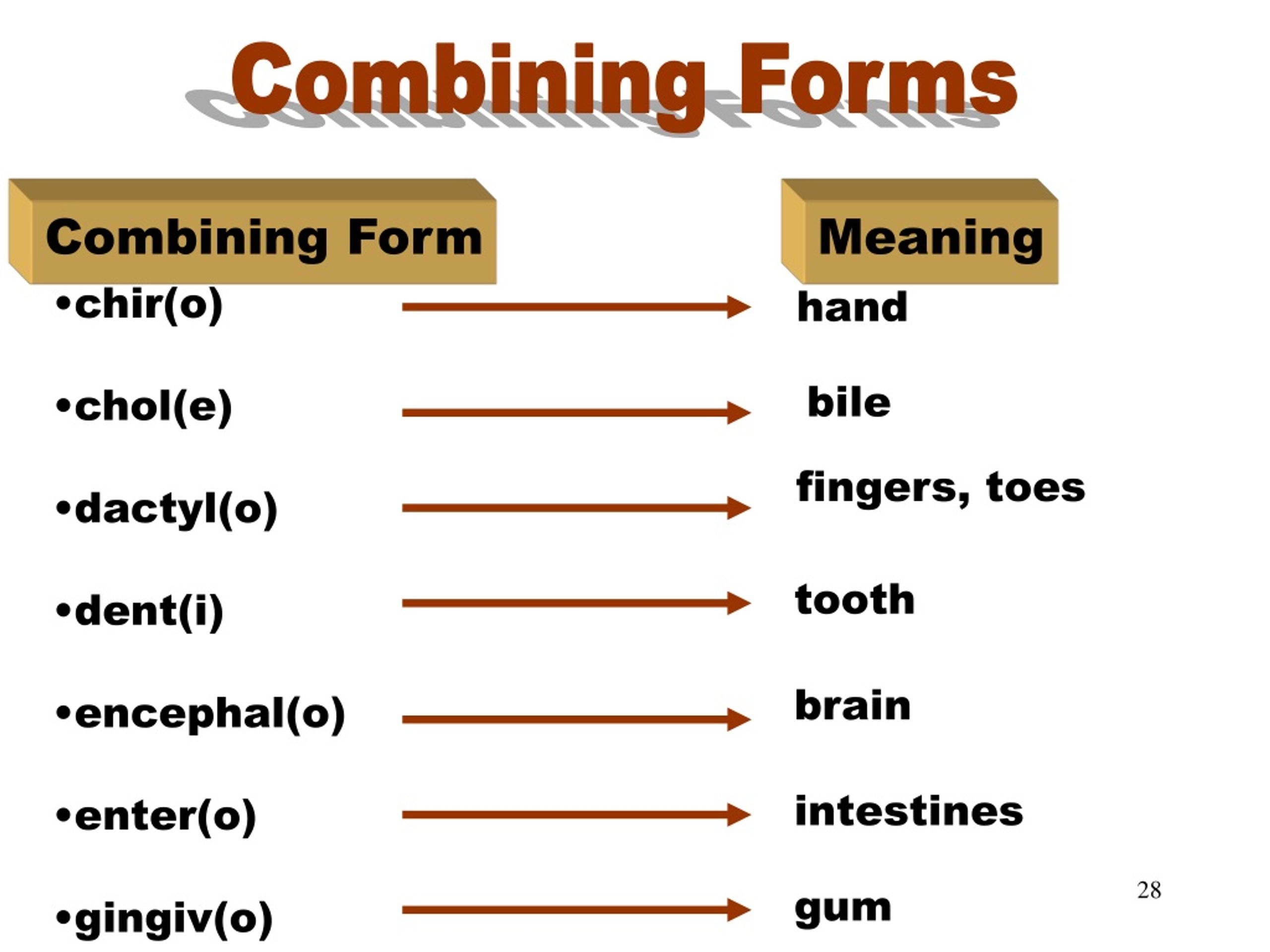

.jpg)
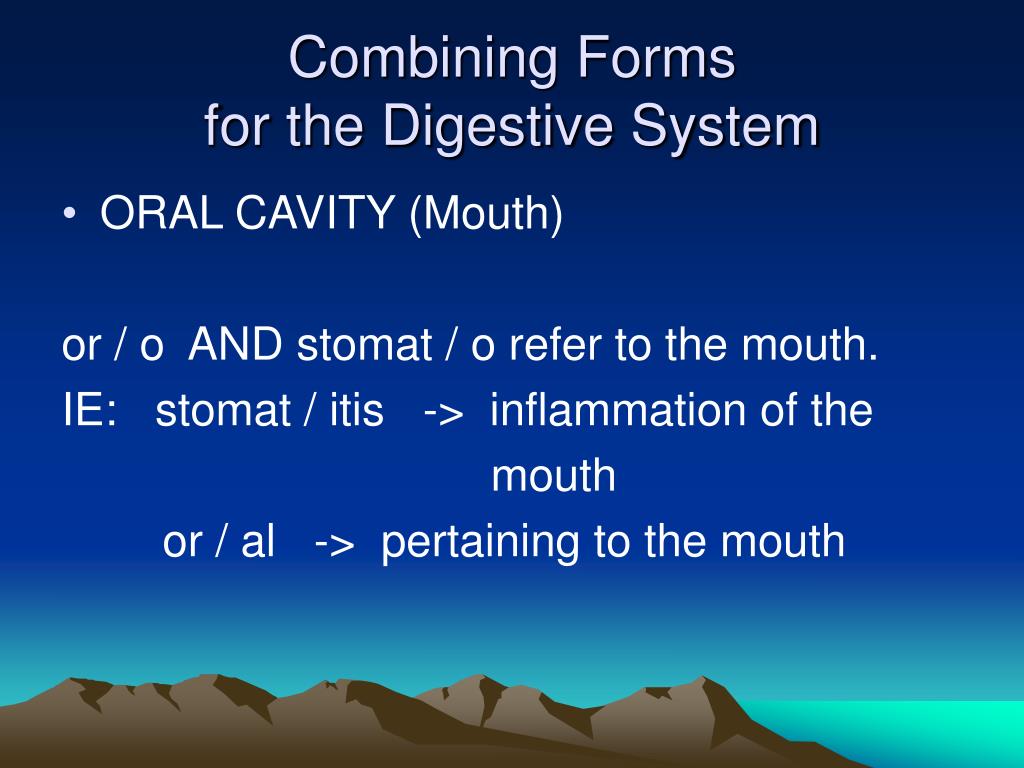
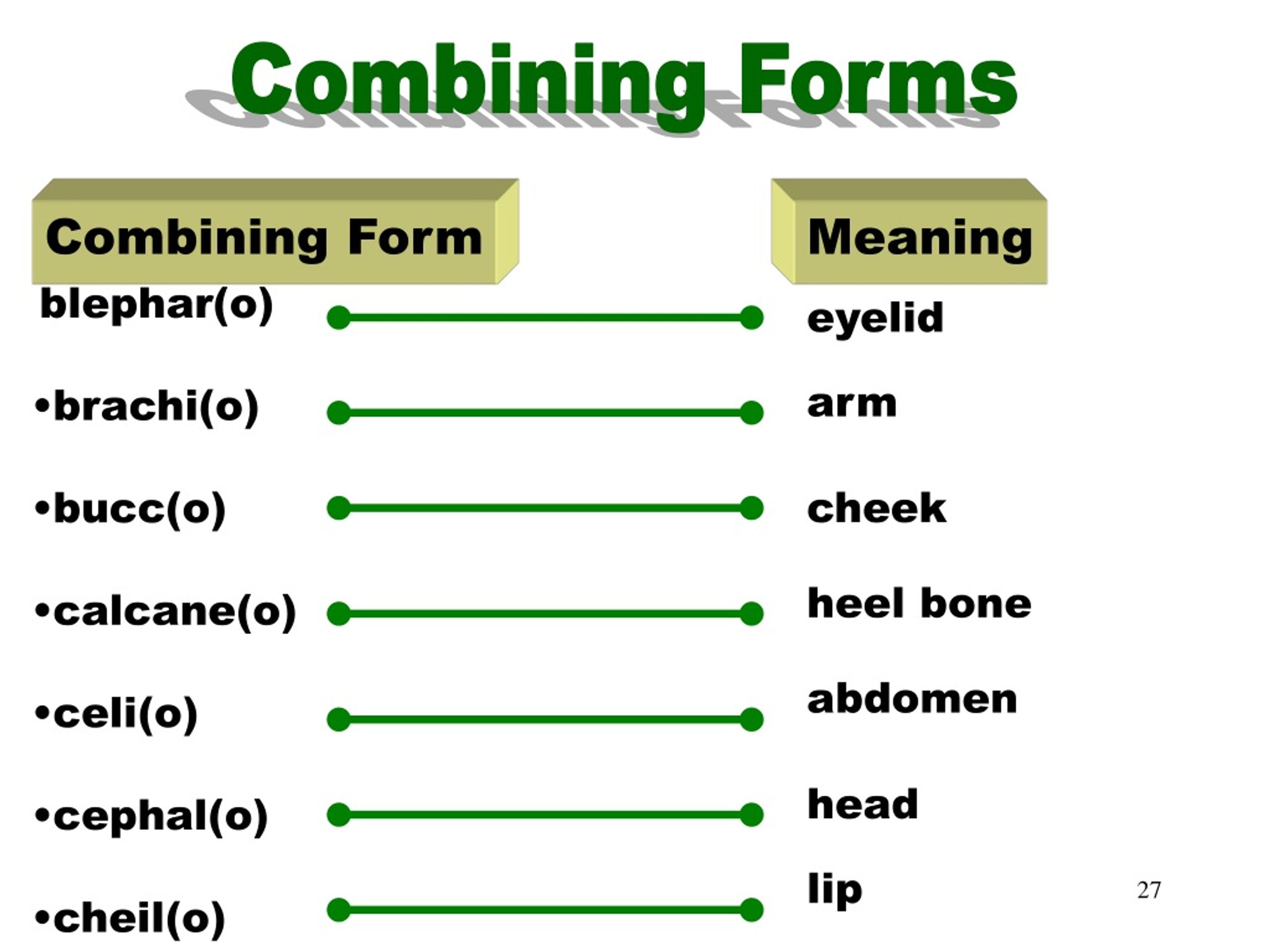
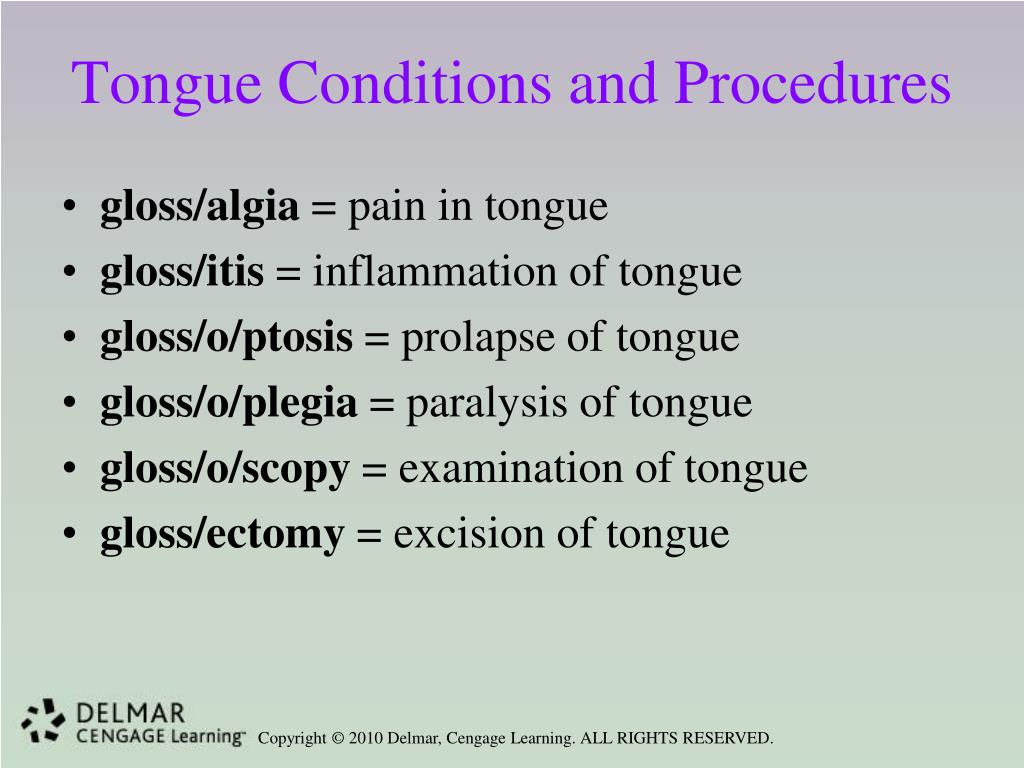
.jpg)
